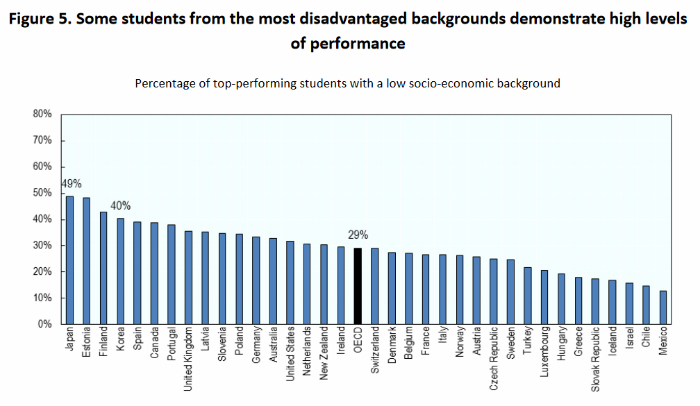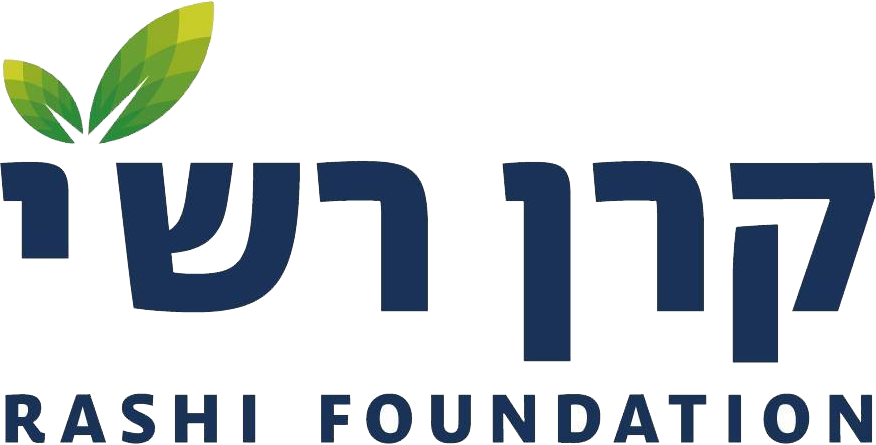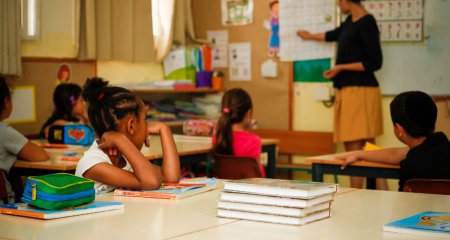Social mobility is the ability of an individual to advance above his or her starting point – in other words, a level playing field where your chances of succeeding are not connected to your family background or home environment.
In theory, education is the main tool for breaking the connection and promoting social mobility. In reality, however, educational gaps that appear even before preschool often widen as children grow older.
To understand why, imagine a child who gets a head start in knowledge and skills from home. This allows him to benefit from the opportunities offered by the education system and make more progress, while another child who starts at a disadvantage falls behind and may not realize his innate potential.
But social inequalities in education are not set in stone, according to an OECD report that looked into student achievements in PISA – international survey testing the skills and knowledge of 15-year-olds. The graph below, from the PISA 2015 database, shows how many students with a low socioeconomic background nonetheless reached a high level of performance.

As you can see, on average almost 30% of the students managed to beat the odds against them. In a few countries these “resilient” students make up even 40% or more of the disadvantaged students.
The situation in Israel is not so encouraging: only 15% of the students succeed in beating the socio-economic odds. Think about all the rest, and how much potential is lost because our education system doesn’t measure up to other countries’.
The good news is that when equity increases, disadvantaged students gain the most. To minimize the adverse impact of socio-economic status on students’ school outcomes, the report calls for “targeting additional resources to schools with high concentrations of low-performing and disadvantaged students, and ensuring that high and consistent teaching and learning standards are applied across all classrooms.”
This is the approach that guides Rashi’s new initiative, a pedagogic network to advance low-performing schools, which are found mostly in the social and geographic periphery of Israel. The network will provide intensive support and guidance in order to build the capabilities of the school team, and through it to improve the children’s chances of success and their social mobility.












